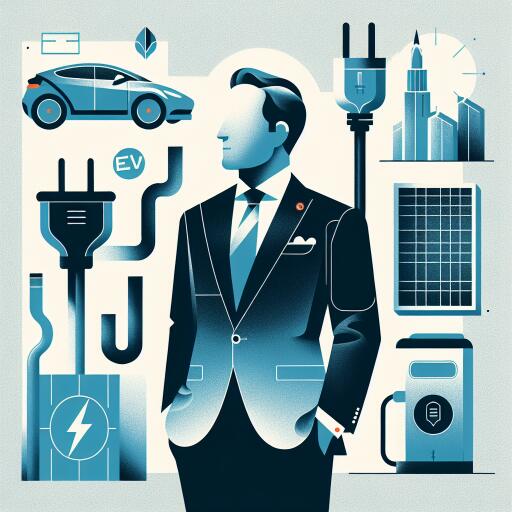Adapting to a Future Without Subsidies in the EV Industry
The electric vehicle (EV) landscape is poised for a significant revolution, with industry leaders encouraging a move beyond dependence on government subsidies. Arun Vinayak, co-founder and chief executive officer of Exponent Energy, emphasizes the necessity for the EV sector to evolve and stand independently. This comes at a critical juncture when governmental financial incentives, particularly the Faster Adoption and Manufacturing of Electric Vehicles (FAME) subsidies, are being phased out.
“This whole concept of I’ll give everyone subsidy and rely on FAME in some sense is a good place to start. But I think it’s also a lazy way to continue going. So I think you’ll see a lot more performance-based incentives and production-linked incentives. You will still see incentives but it won’t be an easy give-out,” Vinayak conveyed.
The shift away from reliance on FAME subsidies marks a pivotal moment for the electric mobility ecosystem. Recognizing this, the government has transitioned to the Rs 500-crore Electric Mobility Promotion Scheme (EMPS) 2024, aiming to foster a more sustainable and self-reliant EV industry.
Exponent Energy, co-founded by Vinayak and Sanjay Byalal Jagannath in 2020, has made significant strides in the EV sector. The duo, both former executives at Ather Energy, have pioneered a proprietary fast-charging technology capable of charging a vehicle fully in just 15 minutes, a notable improvement over current fast-charging options that typically take over an hour to reach 80% charge.
The discussion around the necessity of government subsidies for the growth of the EV industry is ongoing. Tarun Mehta, co-founder and chief executive of electric scooter manufacturer Ather Energy, previously highlighted the importance of these financial supports for the industry’s expansion. However, Vinayak offers a different perspective, underscoring the potential drawbacks of standardized charging solutions and advocating for innovation in the sector. “The government should focus on creating safety standards but not force a standard because that will kill innovation,” he stated.
With an eye on the future, Exponent Energy is not just focusing on technology innovation but also on expanding its infrastructure. The company has ambitious plans to set up 100 charging stations across Delhi-NCR and Bengaluru and extend its presence to Chennai, Ahmedabad, Kolkata, and Hyderabad. Furthermore, the company is gearing up to enter the intercity e-bus segment by 2024, indicating a broad vision for the future of electric mobility in India.
In a recent development, Exponent Energy raised $26.4 million in a funding round led by Eight Roads Ventures, taking its total funding to $44.4 million. The company, which commenced product sales in February 2023, aims to achieve Rs 600 crore in revenue by the 2025 calendar year. This bold revenue target and expansion plan signify Exponent Energy’s commitment to leading the charge in the transformation of the EV charging ecosystem.
The narrative around the EV industry’s reliance on subsidies is changing, and leaders like Vinayak are at the forefront, advocating for a future where the industry thrives through innovation, performance, and sustainability. As the electric mobility space embarks on this new journey, the potential for growth and transformation seems limitless, promising a greener and more sustainable future.
